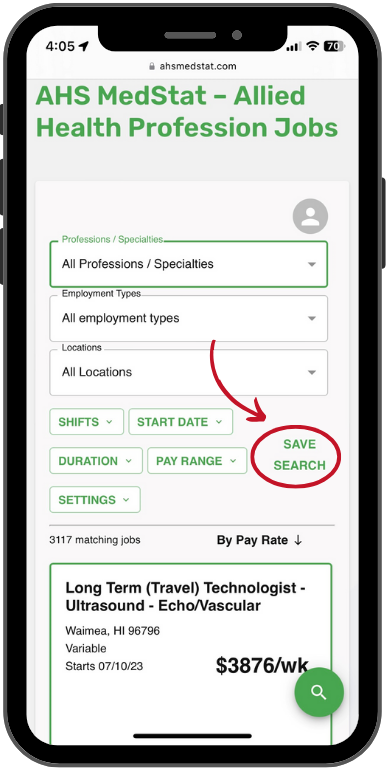One of the hallmarks of travel nursing is the fact that usually the allied is on the road, often away from home computers. Traveling allieds sometimes go to a library or use communal computers for such tasks as processing with a new travel nursing company, checking e-mails, and sometimes performing financial transactions (online banking etc.). This can expose a travel allied to greater risks than others with jobs that keep them local or near their home computer where (hopefully) anti-virus software and firewalls keep the computer secure. Below are tips for travel allieds to decrease online risks while on the road.
General security
- Don’t use public or shared computers for online banking or investment transactions.
- Don’t give out your account password to anyone, even someone claiming to be from your online service. Your account can be hijacked, and you can find unexpected charges on your bill.
- Be careful about giving out your credit card number, phone number and home address. Never provide your Social Security number to anyone unless required by law (employers, banks, government etc.).
- Email is relatively private — but not completely. Don’t put anything into an electronic message that you wouldn’t want to see posted on a neighborhood bulletin board.
- Delete junk email without even reading it. Never download an email attachment from an unknown source. Opening a file could expose your system to a virus.
- Be cautious about opening any attachment or downloading any files from emails you receive, regardless of who sent them. These files can contain viruses or other software that can weaken your computer’s security.
- Don’t “unsubscribe” on unwanted, un-requested or unsolicited e-mail. That just lets the senders know that they had reached a valid email address. Don’t sign up for free offers.
- Know who you’re dealing with. Confirm the online seller’s physical address and phone number in case you have problems.
- Know what you’re buying. Read the seller’s description of the product closely, especially the fine print. Name-brand items at unusually low prices might be stolen or counterfeit.
- Know what it will cost, including shipping and handling. Never send cash.
- Pay by credit or charge card. If you pay by credit or charge card online, your transaction will be protected by the Fair Credit Billing Act. Under this law, you have the right to dispute charges under certain circumstances and temporarily withhold payment while the creditor is investigating them.
- Check out the terms of the deal, like refund policies and delivery dates. A Federal Trade Commission rule requires sellers to ship items as promised or within 30 days after the order date if no specific date is promised.
Phishing and identity theft
You may receive emails that appear to be from a financial institution, bill paying service, government agency or other business that say something like:
“We suspect an unauthorized transaction on your account. To ensure that your account is not compromised, please click the link below and confirm your identity.”
Do not reply, and do not click on the links. The messages direct you to a website that looks legitimate, but it is a trick to get you to reveal personal information and passwords. Operators can steal your identity and run up bills or commit crimes in your name.
Forward these emails to the Federal Trade Commission at [email protected] and to the company, bank, or organization impersonated in the email. Most organizations have information on their websites about where to report problems.
- Email is not a secure method of transmitting information, so never use it to transmit financial information. Legitimate businesses should not ask you to send sensitive information by email.
- Area codes can mislead. Some scammers send an email that appears to be from a legitimate business and ask you to call a phone number to update your account or access a “refund.” Because they use voice over internet protocol technology, the area code you call does not reflect where the scammers really are.
- Review credit card and bank account statements as soon as you receive them to check for unauthorized charges.

